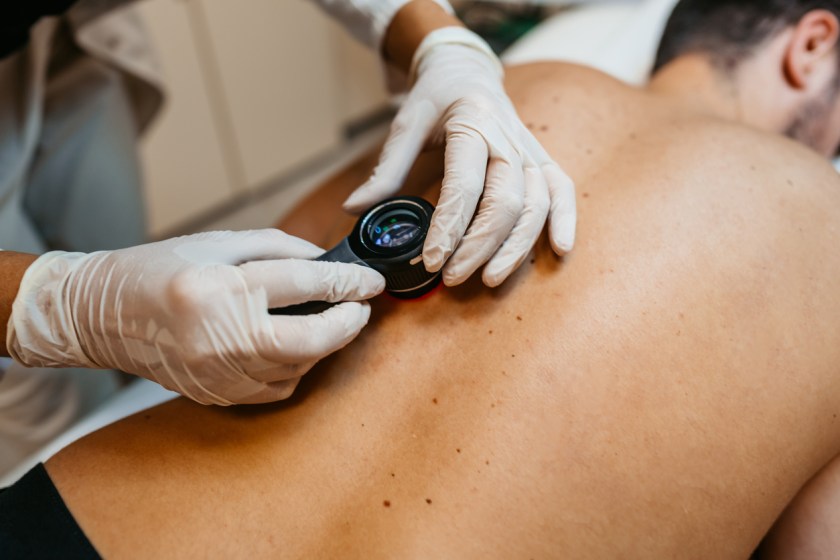AI mobile apps have been questioned about not being generally transparent about their algorithm, among other things.
A recent review published in JAMA Dermatology highlights significant concerns regarding the quality of AI phone apps related to dermatology, available on both Android and Apple platforms.
Although these apps show promise in aiding dermatological care, the current state raises alarms due to potential risks, lack of consistent validation, and misleading communication with users, as stated by the authors.
Researchers from the US identified nearly a thousand English-language mobile apps promising various dermatological services such as skin and hair condition identification, mole tracking, cancer detection, and acne and dermatitis management.
However, the majority of these apps lack transparency regarding their methodologies, making it difficult to validate the accuracy of the information provided to users.
In-depth analysis of 41 selected apps revealed that a quarter claimed to diagnose conditions, yet none of them had scientific backing, and some lacked warnings about potential inaccuracies in results.
Only a small fraction (12%) of the apps had research supported by peer-reviewed journals, with just one involving a prospective multi-center clinical trial. Additionally, only a few provided vague details about their data and training sets.
More than half of the apps provided no information about their algorithms, and most did not disclose whether clinicians were involved in their development.
Furthermore, concerns about user data privacy and ownership were raised, with only a minority of apps assuring customers that they didn’t store submitted pictures securely.
Despite these shortcomings, the authors recognise the potential for apps to improve access and outcomes for consumers with dermatological needs. However, they emphasise the urgent need for developers to disclose crucial information such as AI algorithms used, dataset sources, clinician input, and data privacy measures.
While there’s optimism about the role of these apps in dermatological care, their current deficiencies mean that the risks outweigh the benefits. The authors urge developers to prioritise transparency and regulatory compliance to ensure the safety and efficacy of these tools.
Read the latest issue of SPA+CLINIC below:
There are 5 ways you can catch up with SPA+CLINIC
- Our quarterly print magazine, delivered to your door. Subscribe here.
- Our website, which is updated daily with its own completely unique content and breaking news.
- Our weekly newsletter – free to your inbox! Subscribe here.
- Our digital magazine – click here to view previous issues.
- Our social media – see daily updates on our Instagram, Facebook & Linkedin




